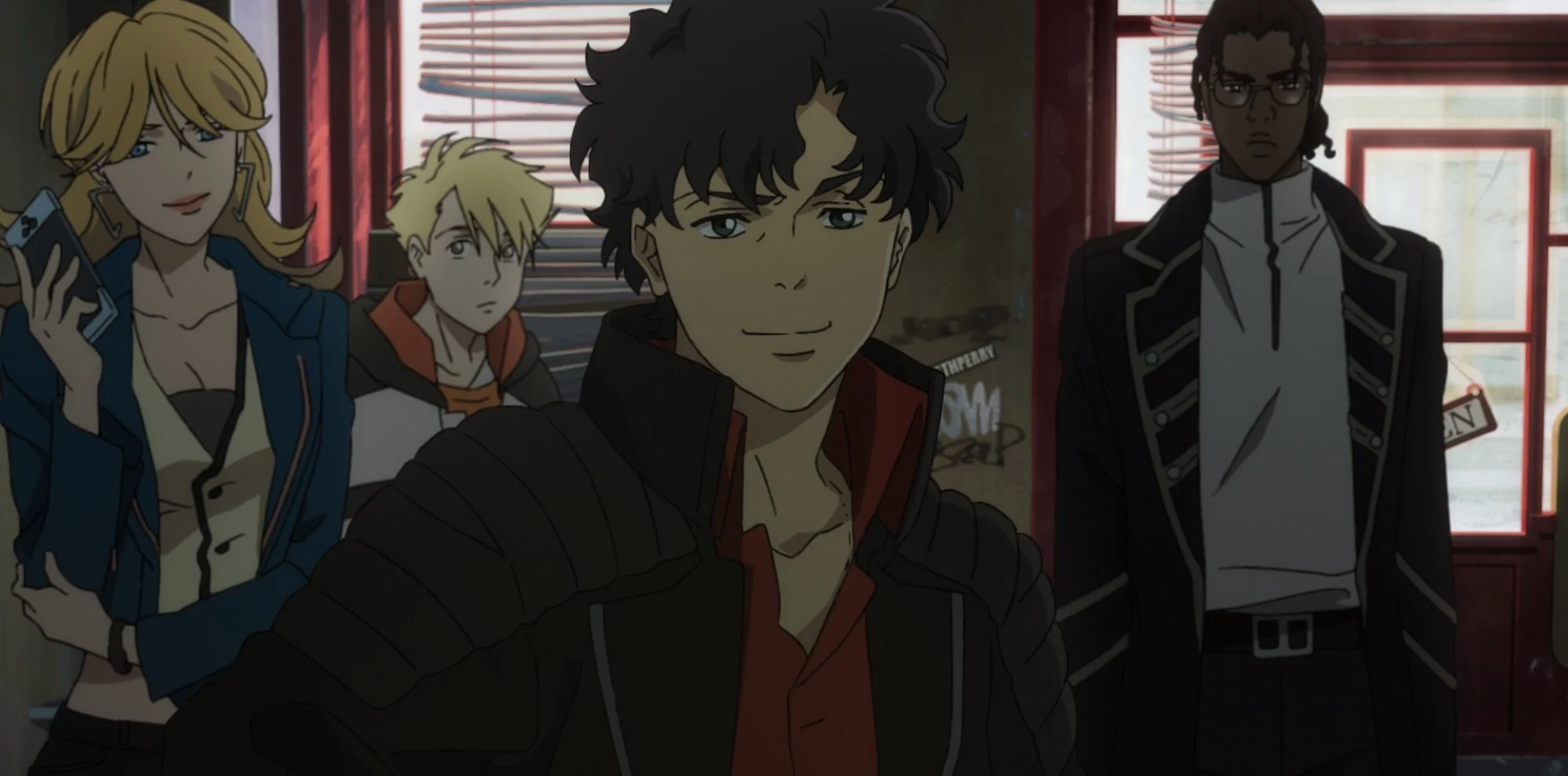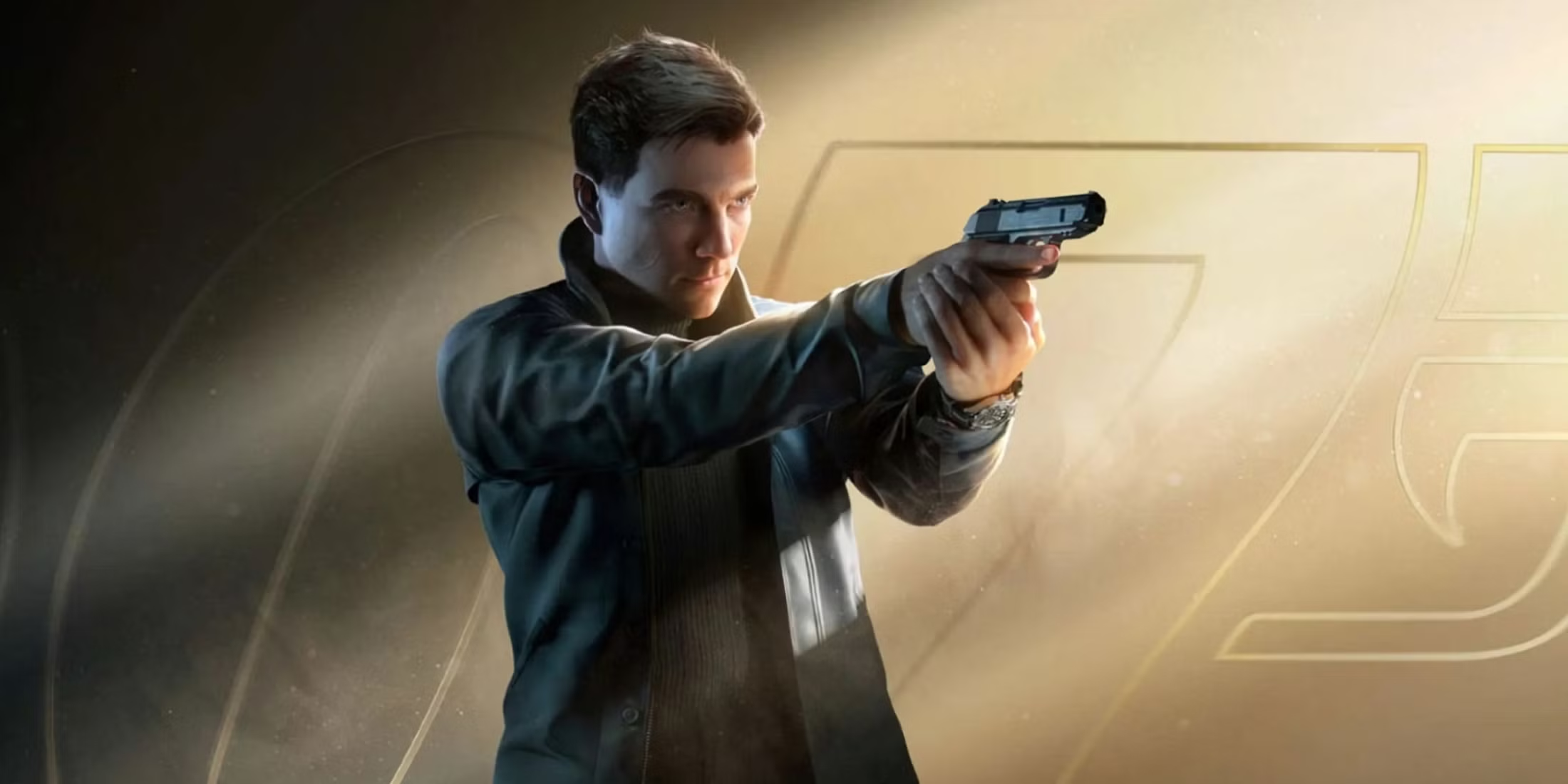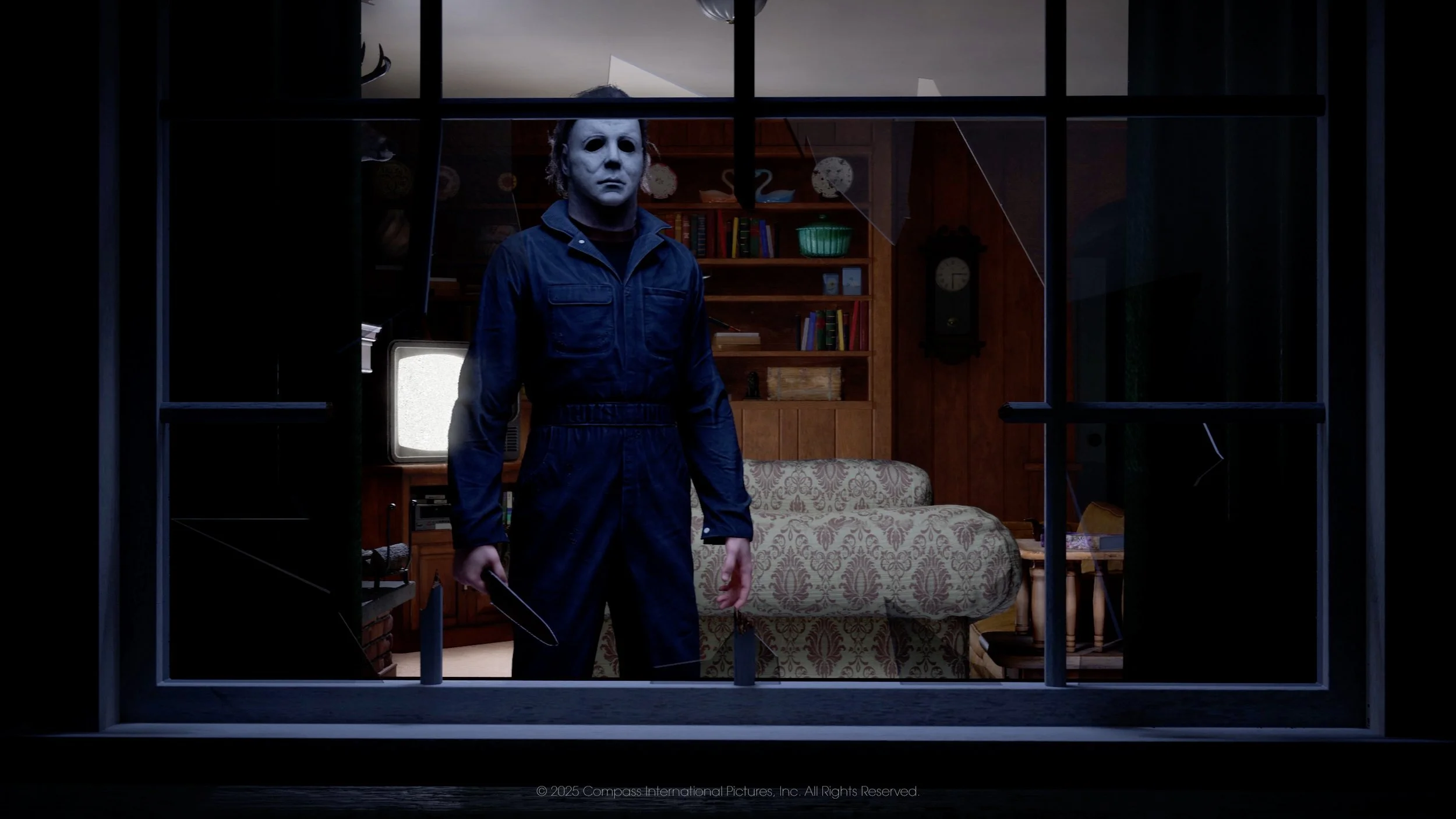Why Episode 7 of Lazarus Achieved Perfection
From the moment Lazarus premiered, we’ve been hooked. The Adult Swim and MAPPA co-production, directed by Shinichirō Watanabe (Cowboy Bebop, Samurai Champloo), has delivered a heady blend of futuristic action, philosophical tension, and some of the slickest animation in modern anime.
Every episode has been a thrill so far—pulsing with synths, soaked in neon, and populated by richly drawn characters navigating a collapsing world. But Episode 7? That one hits differently. It's not just good. It's perfect. Here’s why.
A Team Finally Forged
One of Lazarus's most compelling throughlines has been the slow-burn evolution of its core team. What began as a collection of reluctant operatives brought together to stop the enigmatic Dr. Skinner has, over the episodes, morphed into something more—something deeply human.
In Episode 7, the mid-journey question posed by Leland lands with emotional weight: “If we stop Skinner, will Lazarus still exist?” On the surface, it’s a question about mission scope. But the subtext is where the real power lies. It’s the show finally acknowledging what viewers have been feeling for a while: this group works. Their chemistry, their camaraderie—it’s become the heart of the show. We want them to keep going, to stay together, to fight—not just for the world, but for each other.
This moment reframes the entire narrative. No longer is it only about stopping Skinner; it’s about what this team means to itself and to its audience. Watanabe isn't just telling a story—he’s asking whether purpose can survive after the war ends. We’ve seen the bittersweet Cowboy Bebop ending before. We know how that story plays out. And now, because Leland voiced it, we know that Lazarus plans to confront that question head-on.
That spark of hope—just the possibility that they might find a reason to stay together—is the emotional anchor this series needed.
Skinner Is Not Your Average Antagonist
Great stories often hinge on their villains. Dr. Skinner could have easily been a one-note antagonist: mad genius, world-ending scheme, must be stopped. But Lazarus never settles for surface-level. Episode 7 makes that clear.
What this episode does so effectively is peel back the layers. Skinner isn’t evil for the sake of drama. He’s disappointed—deeply, and heartbreakingly so. His frustration with humanity is rooted in truth: the planet is dying, the people entrusted with saving it have failed, and he’s seen too much to pretend otherwise.
The real tragedy? Skinner doesn’t want to be stopped. He wants to be understood. His message is clear: if someone—anyone—can show him a better way, he’ll listen. But they have to see what he sees first. This gives Lazarus a gravitas that most series only flirt with. And in exploring that space, Episode 7 finds moments of piercing beauty: the crew watching the sun rise over a desolate coast, witnessing the fragility of what’s left, daring to feel both awe and guilt.
Skinner is a broken visionary with a love for this world—and Episode 7 gives us the empathy to recognize that.
The Ambiance Shift Is Impeccable
What truly elevates Episode 7, though, is its atmosphere. Gone are the pounding drums and frantic gunplay of earlier episodes. In their place? Silence. Reflection. Piano strings gently weeping under shots of empty streets, bruised skies, and oceans that seem too quiet to be real.
The tonal shift is masterful—unexpected but earned. It’s a breath the show has been holding since Episode 1, finally released. The pacing slows, the visuals open up, and the emotional resonance takes center stage. You feel the weight of the world, and for once, the characters do too. And yet, this isn’t just ambiance for ambiance’s sake. It’s storytelling through environment. It’s a moment where the world itself becomes a character—wounded, weary, waiting for someone to care again.
Even in its most delicate beats, Episode 7 never forgets who it is. The writing remains razor-sharp, the characters more alive than ever. But this time, the show lets heart lead the way. And in doing so, it delivers its most memorable, moving, and mature episode yet.
In Summary: Watch Lazarus
Episode 7 of Lazarus is a sensational turning point—not just in the story, but in how we understand the series itself. It’s where the stakes become real, where the antagonist becomes human, and where the team becomes something greater than its mission. It’s also where we stop asking what Lazarus is fighting against—and start asking what it’s fighting for. In a word: perfection.
Lazarus airs Saturday nights on Adult Swim, and episodes 1-8 can be streamed on Max.







